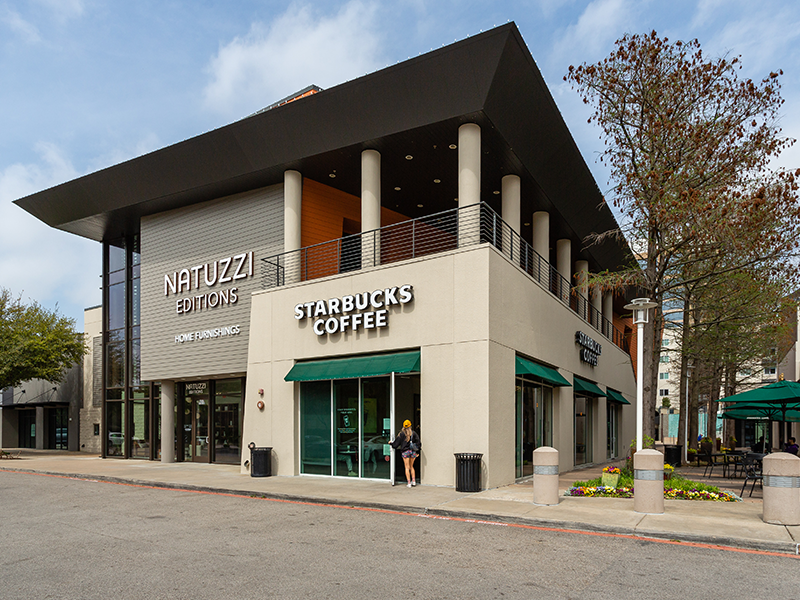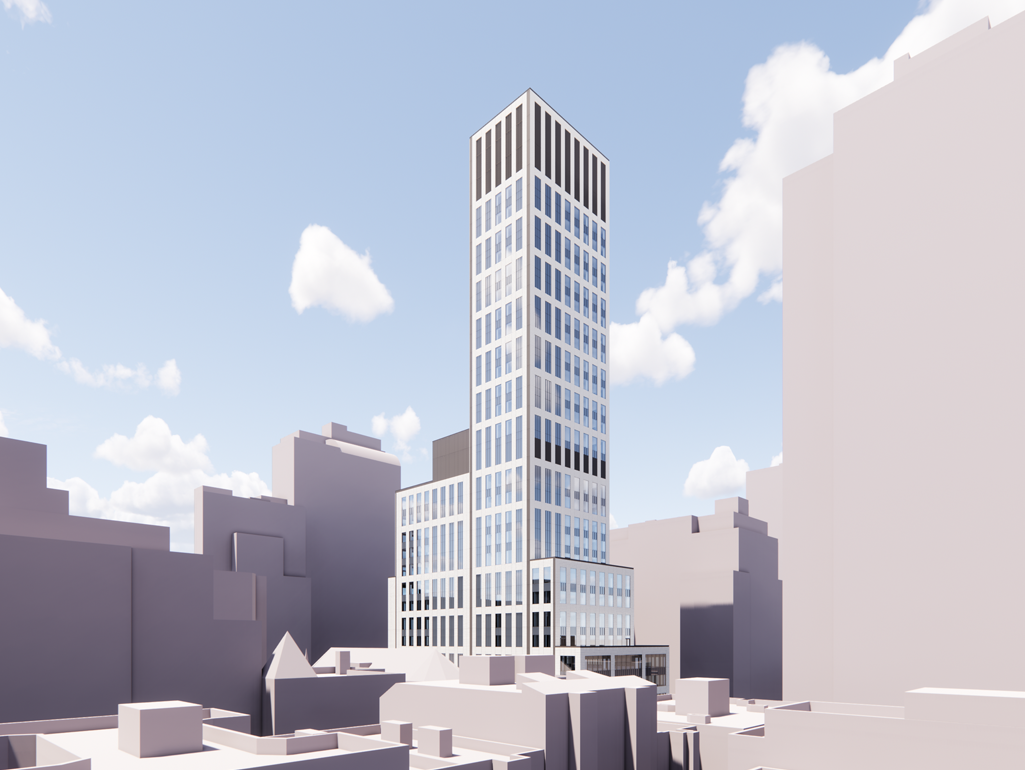Economy Watch: Fannie, Freddie Still Vexed by Mortgage Defaults
Federal Housing Finance Agency acting director Edward J. DeMarco told Congress on Thursday that it ain’t over till it’s over when it comes to the problems caused by U.S. housing mortgage delinquencies. And for Freddie Mac and Fannie Mae especially, it’s not nearly over.
By: Dees Stribling, Contributing Editor
Federal Housing Finance Agency acting director Edward J. DeMarco told Congress on Thursday that it ain’t over till it’s over when it comes to the problems caused by U.S. housing mortgage delinquencies. And for Freddie Mac and Fannie Mae especially, it’s not nearly over.
What DeMarco said to the Senate Banking Committee was a little more formal than a Yogism: “We remain concerned and recognize the risk associated with increasing numbers of seriously delinquent loans.”
He then backed up that concern with some statistics: the rate of seriously delinquent mortgages at Fannie and Freddie total 4.2 percent and 3.1 percent, respectively. What the government plans to do about Fannie and Freddie, now that they have been de facto government agencies for about a year, is still an open question, though reportedly it will be addressed in the Obama administration’s proposed 2011 federal budget, which will be released in February.
Home Not-So-Sweet Home
The Obama administration is asserting that half a million troubled mortgages have been put into trial mortgage modifications by their loan servicing companies, as a result of government prodding. An estimated 16 percent of borrowers who are eligible—they have to be at least 60 days late on their payments—have been seen their mortgages modified on a preliminary basis as of the end of September, up from 12 percent at the end of August.
The government plan, unveiled earlier this year, puts borrowers into three-month trial modifications pending permanent modifications. The government has been leaning on loan services to put more borrowers into the plan in recent months, after a lackluster start earlier this year.
There are no firm figures yet, however, on how many of the loan modifications actually will involve reduction of principal balances, since there seems to be a strong correlation between that and successful modifications. Loan servicers have thus far been reluctant to do so. Some estimates put the re-default rates of modified mortgages at higher than 50 percent, but government efforts to press for modifications are still so new that their re-default rates haven’t been tracked yet.
The Prognosis for Hotels
Will an expanding economy at the end of 2009 and into 2010 be good for the hospitality businesses, which has taken it on the chin since the recession got under way in earnest? Maybe, but Marriott International Inc. executives told investors not to hold their breaths during a conference call on Thursday.
“Despite improvement, occupancy rates will remain at relatively low absolute levels and pricing will continue to be pressured by a significant amount of price-sensitive, leisure, transient business,” said president and COO Arne M. Sorenson—that is, those non-business cheapskates who are actually spending their own money, and thus a bit harder for hotels to profit from.
Moreover, the industry will also suffer because of the new hotels coming out of the pipeline in 2010, whose genesis goes back before the recession. “And while supply additions are slowing dramatically, the increase in new hotel supply expected in 2010 will still provide headwinds to near-term improvement in business fundamentals, especially in the upscale segment,” noted Sorenson.
For the quarter ended September 11, Marriott recorded a loss of $466 million, compared with a profit of $94 million during the same period a year earlier. RevPAR (revenue per available room), an important metric in the hotel business, was down 22 percent compared with the same quarter last year.
Wall Street got back on the 10,000-or-bust wagon on Thursday, with the Dow Jones Industrial Average up 61.29 points, or 0.63 percent. The S&P 500 gained 0.75 percent and the Nasdaq rose 0.64 percent.






